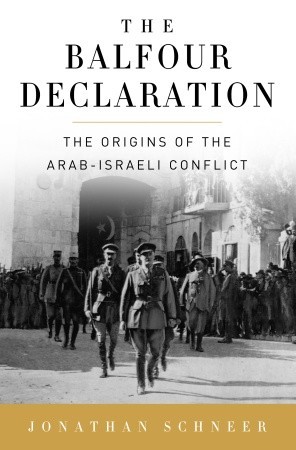Like other Western colonial-settler experiments, for over 70 years, Zionists have been systematically erasing the culture and history of indigenous Palestinians to justify their forced removal and the theft of their land. Ilan Pappe, in his book The Ethnic Cleansing of Palestine, calls this ‘memorocide’ and in The Palestine Nakba, Nur Masalha elaborates,
“The founding myths of Israel have dictated the conceptual removal of Palestinians before, during and after their physical removal in 1948… The de-Arabisation of Palestine, the erasure of Palestinian history and the elimination of the Palestinian’s collective memory by the Israeli state are no less violent than the ethnic cleansing of the Palestinians in 1948 and the destruction of historic Palestine.”
This is why books such as Ancestral Journeys and Western Missions are so vital in recording the memories and eyewitness accounts of Arabs and Palestinians who experienced the arrival of Western colonialists to the Middle East, were co-opted into their wars, witnessed the rise of Zionism and then became refugees in the Palestinian Nakba. Anita Damiani-Shanley’s book will most certainly help perpetuate their heritage and rightful historic claim to Palestine.
Ancestral Journeys is however much more than the story of two families, one Arab and the other Scottish joined in marriage. It traces the influence of missionaries, archaeologists, traders and colonialists competing with each other for a share of the Near East as the Ottoman Empire met its demise. Richly illuminated with family photos, the three main chapters trace the ancestral journeys of Damiani-Shanley’s extended family from Scotland and Lebanon to Iraq and then to Palestine. A fourth chapter traces the role of the Anglican Church in Palestine.
Continue reading




